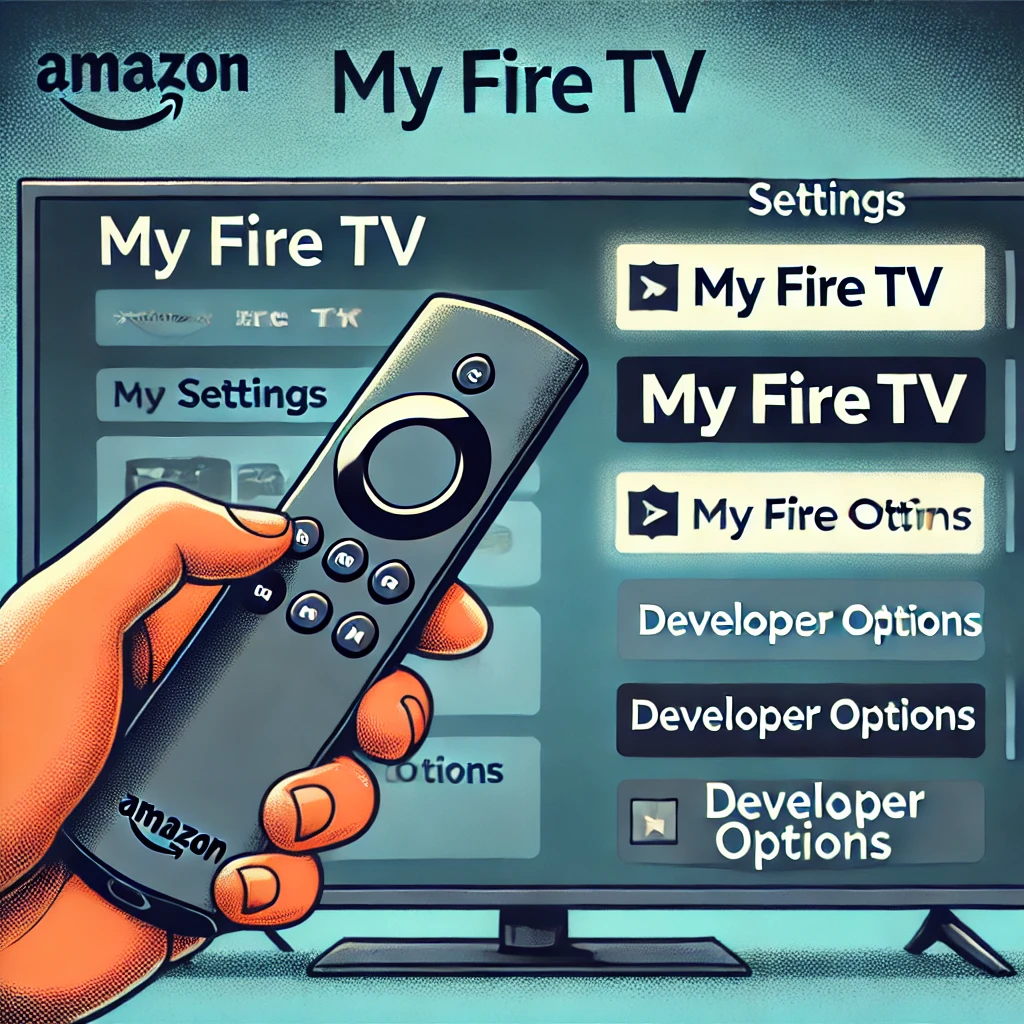Social media has become an essential part of any successful marketing strategy. Businesses use platforms like Instagram, TikTok, and LinkedIn to reach their target audiences, increase brand awareness, and attract new customers. But which platform is best suited for which type of business? What are the advantages and disadvantages? And what impact does social media marketing really have?
Instagram: Aesthetic Appeal Meets Engagement
With over one billion active users, Instagram is one of the most important social media platforms for businesses. Its visual focus makes it particularly attractive for lifestyle, fashion, beauty, and fitness brands.
Advantages of Instagram Marketing:
- High engagement rates: Studies show that Instagram users interact heavily with content, especially Stories and Reels.
- Broad audience: Instagram is used by people across various age groups, from young adults to older generations.
- Easy advertising options: Instagram Ads offer detailed targeting options to reach potential customers effectively.
- Influencer marketing: Collaborations with influencers can significantly expand brand reach.
Disadvantages of Instagram Marketing:
- High competition: Businesses must stand out against millions of other brands.
- Algorithm dependency: Organic reach is declining, making paid advertising almost essential.
- Time-consuming: Regular posts, Stories, and community interaction are necessary to maintain visibility.
TikTok: Viral Marketing with High Potential
TikTok is the fastest-growing social media platform, with over 1.5 billion downloads worldwide. It is especially popular among younger audiences aged 13 to 35.
Advantages of TikTok Marketing:
- High virality: A creative video can generate millions of views, even without a large following.
- Authenticity wins: Users prefer genuine content over professionally produced advertisements.
- Lower advertising costs: TikTok Ads are often cheaper than traditional ad formats on other platforms.
- Low entry barriers: Businesses can build organic reach without a big budget.
Disadvantages of TikTok Marketing:
- Younger audience: Not every brand appeals to the TikTok community, and B2B companies may struggle.
- Short-lived content: Trends change quickly, so content can become outdated fast.
- More challenging success measurement: Compared to other platforms, conversion data can be less precise.
LinkedIn: The B2B Network for Professional Connections
LinkedIn has established itself as the leading platform for professional networking. B2B companies and service providers particularly benefit from targeted marketing on LinkedIn.
Advantages of LinkedIn Marketing:
- High-quality audience: Decision-makers and professionals can be targeted effectively.
- Content with value performs well: Articles, studies, and industry insights achieve high reach.
- Effective employer branding: Companies can position themselves as attractive employers.
- Precise advertising options: LinkedIn Ads allow detailed targeting, such as by industry or job title.
Disadvantages of LinkedIn Marketing:
- Expensive ads: LinkedIn Ads are more costly than on other platforms.
- Lower engagement rates: Users interact less with content compared to Instagram or TikTok.
- Long-term strategy required: Viral successes are rare, making sustainable reach-building crucial.
Conclusion: Which Platform is Right for Your Business?
Choosing the right social media platform depends heavily on the target audience and business goals:
- Instagram is ideal for brands focused on visual storytelling and high interaction.
- TikTok is perfect for businesses targeting a younger audience and looking to benefit from viral trends.
- LinkedIn is the best choice for B2B companies wanting to reach professionals and decision-makers.
While TikTok offers the highest viral potential, Instagram provides consistent engagement rates. LinkedIn excels in high-quality content marketing and networking. Businesses should tailor their strategy based on their target audience and consider using a combination of platforms to maximize success.


